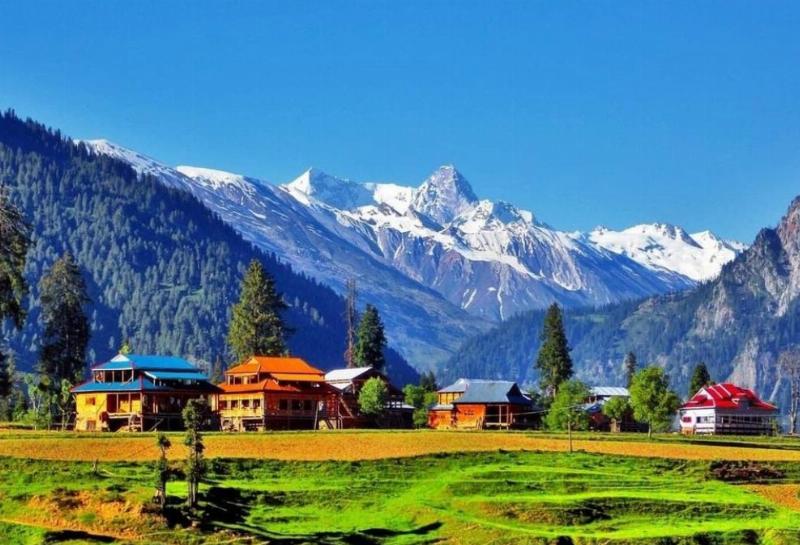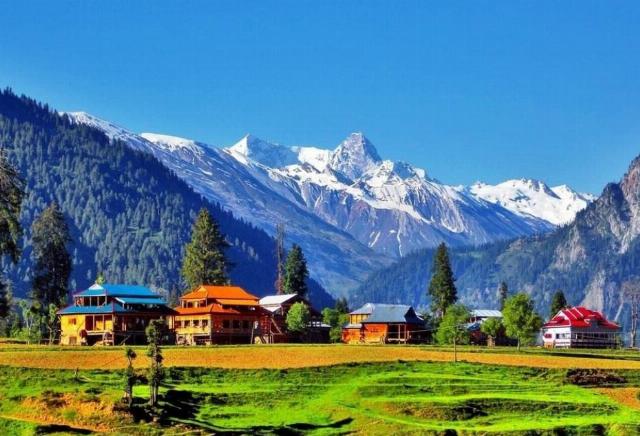


The conflict between India and Pakistan over Kashmir is one of the most dangerous in the world, even a potential trigger for nuclear confrontation. India revoked Kashmir’s autonomy in August 2019, and recent tensions, including the April 22 massacre of 26 mostly Indian tourists in Kashmir by gunmen, have made the region’s future even more uncertain.
The United Nations, along with major powers like China and Russia, now call for de-escalation and a peaceful resolution, but these efforts have so far not proposed a durable peace framework. The Kashmir conflict last saw real diplomatic efforts when India and Pakistan met briefly at the Agra Summit in July 2001.
But President Trump offers what his predecessors have not: mediation between India and Pakistan to broker a lasting solution to the “thousand years” of conflict in Kashmir. His proposal was met with resistance from India, which considers Kashmir a bilateral issue, and welcomed by Pakistan, which advocates for third party intervention.
In seeking to broker a deal on Kashmir, the Trump administration should mirror aspects of the Abraham Accords, which brought normalization agreements between Israel and several Arab nations — incentivized diplomacy, regional cooperation, and U.S. mediation — to broker the “Kashmir Accords.”
Key elements of these accords should be the following:
The United States, with its global influence and past success in mediating complex conflicts, should take the lead in brokering Kashmir Accords and lasting peace in South Asia.
Anila Ali is an author, a faith leader, and a retired California public school teacher.
Wajid Ali Syed is a multimedia journalist who has focused on U.S. foreign policy toward the Middle East and South Asia for over 20 years. Wajid has also worked for international media organizations including the BBC and Voice of America. He’s an award-winning independent filmmaker and recently finished a short documentary on Christian persecution in Pakistan titled Faith Under Fire.

Image: Neelum Valley in Kashmir. Credit: Ishtiaq Ali Khan via Wikimedia Commons, CC BY-SA 4.0.
